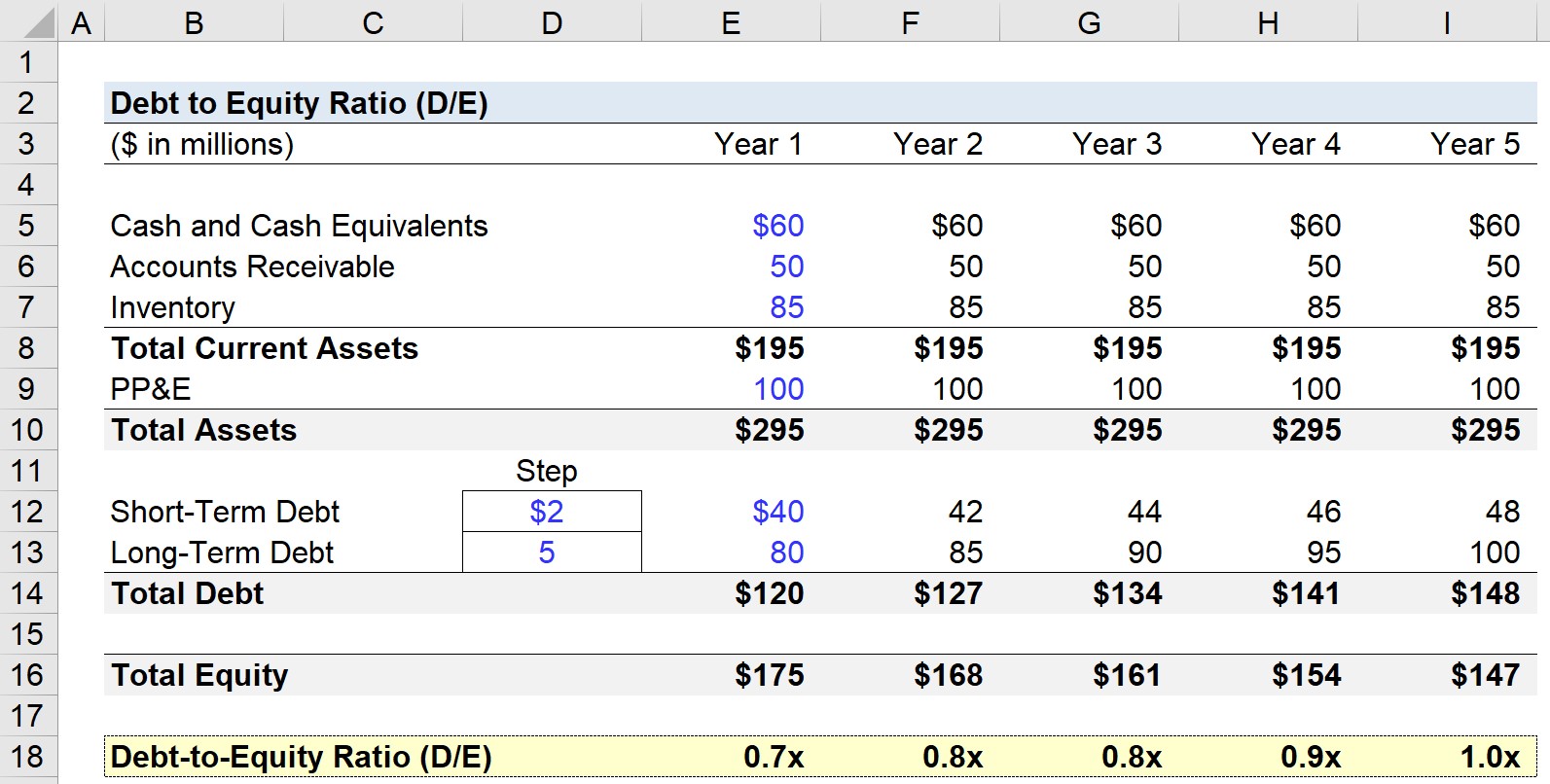<h1>Financial Markets: Navigating the Equities, Debt, Forex, and Derivatives Labyrinth</h1>
<p>In the ever-evolving financial landscape, understanding the intricacies of various financial markets is paramount for investors seeking success. From the vibrant equity markets to the complex world of derivatives, grasping the intricacies of each domain empowers individuals to make informed decisions and harness the potential of these dynamic marketplaces.</p>
<p><strong>Navigating the Realms of Finance</strong></p>
<h2>Equities: Ownership Stakes in the Corporate Landscape</h2>
<p>Equity markets, such as the New York Stock Exchange (NYSE) or London Stock Exchange (LSE), offer investors the opportunity to acquire ownership stakes in publicly traded companies. By purchasing shares in a company, investors become part-owners, entitled to a portion of the company's profits through dividends and potential capital appreciation as the company grows.</p>
<p>However, investing in equities carries inherent risks. Market fluctuations and company-specific factors can cause stock prices to rise and fall, potentially resulting in capital losses. Therefore, careful research and diversification are crucial to mitigate these risks and enhance investment returns.</p>
<h2>Debt Markets: Lending and Borrowing to Fuel Growth</h2>
<p>In the realm of debt markets, investors lend their funds to corporations, governments, and other entities in exchange for a fixed or floating interest rate. Bonds, a common debt instrument, represent a loan to the issuer, with the investor receiving periodic interest payments and a return of the principal at maturity.</p>
<p>Debt markets provide relatively lower returns compared to equity markets but are generally less risky due to the contractual nature of the obligation. Institutions, pension funds, and risk-averse investors often allocate a significant portion of their portfolios to debt instruments seeking stability and regular income.</p>
<h2>Forex Markets: Currency Exchange and Trading</h2>
<p>The foreign exchange (forex) market is a global, 24-hour market where currencies are traded and exchanged. It facilitates international trade and allows businesses and individuals to mitigate currency risk by exchanging one currency for another.</p>
<p>Trading in the forex market involves speculating on the future value of currencies. While it offers the potential for high returns, it also carries significant risks due to its fast-paced nature and volatile currency movements. Only experienced traders with a deep understanding of the market dynamics should venture into forex trading.</p>
<h2>Derivatives: Risk Management and Sophisticated Trading</h2>
<p>Derivatives are financial contracts that derive their value from an underlying asset, such as stocks, bonds, commodities, or currencies. They provide sophisticated tools for risk management and speculating on price movements. Common types of derivatives include futures, options, and swaps.</p>
<p>Derivatives can be complex and carry substantial risk. Advanced knowledge of financial mathematics and market dynamics is required to successfully navigate this segment of the financial industry. Institutions and professional traders predominantly utilize derivatives for hedging strategies and market speculation, while retail investors should approach this area with utmost caution.</p>
<h2>Tips and Expert Advice for Navigating Financial Markets</h2>
<p>To succeed in these intricate markets, consider the following expert tips:</p>
<ul>
<li><strong>Conduct thorough research:</strong> Understand the companies, industries, and markets you invest in.</li>
<li><strong>Diversify your portfolio:</strong> Spread your investments across different asset classes and markets to minimize risk.</li>
<li><strong>Invest for the long term:</strong> Focus on steady, consistent returns over short-term gains to mitigate market volatility.</li>
<li><strong>Seek professional advice:</strong> Consult with financial advisors or brokers to guide your investment decisions.</li>
<li><strong>Manage your emotions:</strong> Avoid making impulsive or emotional decisions based on market fluctuations.</li>
</ul>
<h2>Frequently Asked Questions</h2>
<p><strong>Q: What is the difference between stocks and bonds?</strong></p>
<p>A: Stocks represent ownership in a company, while bonds represent a loan to a company.</p>
<p><strong>Q: What is the best way to invest in the forex market?</strong></p>
<p>A: Only experienced traders with deep market knowledge should engage in forex trading.</p>
<p><strong>Q: What are derivatives used for?</strong></p>
<p>A: Derivatives are primarily used for risk management and sophisticated trading strategies.</p>
<h2>Conclusion</h2>
<p>Financial markets offer a vast and complex landscape, encompassing equities, debt, forex, and derivatives. Understanding these markets is imperative for investors seeking to capitalize on its opportunities while managing risks. Through prudent research, diversification, and expert guidance, individuals can navigate the financial labyrinth and reap the potential rewards it offers.</p>
<p><strong>Are you ready to delve into the exciting world of financial markets?</strong></p>

Image: bitcoinmagazine.com

Image: www.wallstreetprep.com
Financial Markets Equit Debt Forex & Derivatives






